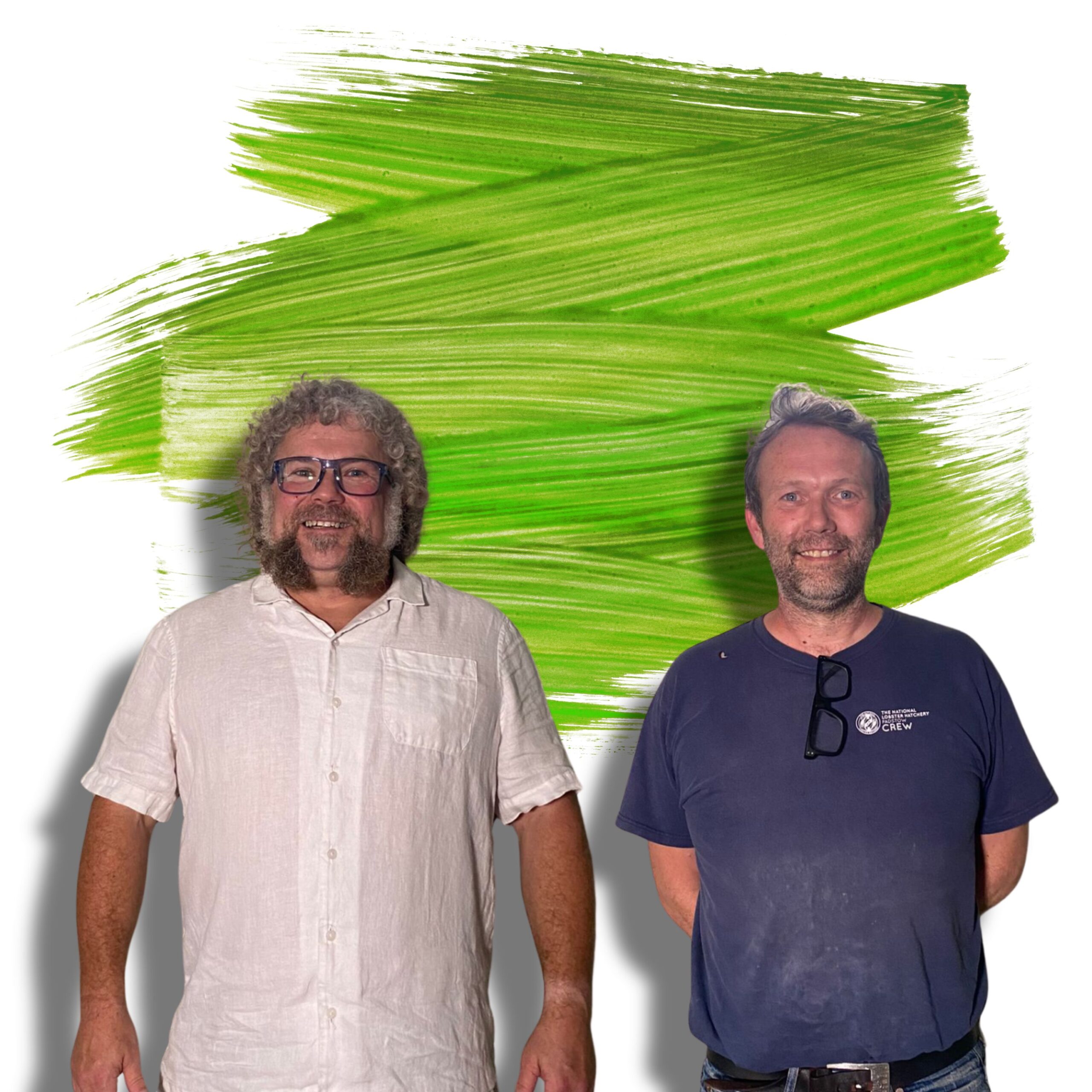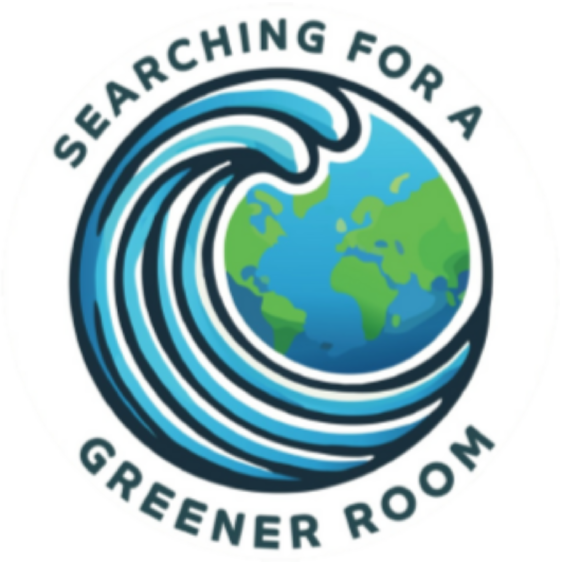29 August 2025
01:07:34
Ben Marshall
OVERVIEW:
Curly Steve and Ben Marshall discuss what it really takes to rebuild our lobster populations, why these creatures are vital to healthy seas, and the surprising challenges that come with keeping our oceans in balance. Ben, who once ran music venues before retraining as a marine biologist, now leads production at the National Lobster Hatchery in Cornwall, where he works on the frontline of marine conservation. In this episode, you’ll hear about the extraordinary life cycle of lobsters, the threats they face from pollution and overfishing, and the hatchery’s work to give these animals a fighting chance. Ben shares his journey from rock and roll to marine science, explains how fishermen and conservationists can work together, and reveals some mind-blowing facts about lobsters – including their unusual biology and potential longevity. The conversation is packed with practical takeaways, from simple daily choices that support ocean health, to wider reflections on sustainability, food miles, and why small actions really matter. Whether you’re passionate about marine life, curious about conservation, or just love a good story of transformation, this episode will give you plenty to think about. For more inspiring conversations, subscribe to Searching for a Greener Room on your favourite platform, and visit searchingforagreenerroom.com to explore the project.TOPICS
UncategorisedAVAILABLE ON:

WATCH ON YOUTUBE
The Chat
The Guest: Ben Marshall
Marine Biologist, Head of Production at the National Lobster Hatchery, Cornwall
The Chat
From Rock and Roll to Marine Science
Ben grew up near Manchester with a love for nature, but his early career took him into the world of live music venues and even drumming in a Metallica tribute band. After years of late nights, he felt the pull back to his childhood passion. A move to Cornwall in 2006, a degree at Cornwall College, and a stint at Blue Reef Aquarium eventually led him into full-time marine conservation.
The Birth of a Lobster Man
At the aquarium, Ben honed his aquatic husbandry skills while inspiring children from inner cities to discover the sea for the first time. Later, with two young kids of his own, he stepped into a role at the National Lobster Hatchery in Padstow. Thirteen years on, he now leads production, working at the coalface of marine conservation.
Giving Lobsters a Fighting Chance
Only one in every 20,000 lobster eggs survives to adulthood in the wild. The hatchery steps in to give them a head start, collecting egg-bearing females from fishermen, caring for them through hatching, and releasing juvenile lobsters back into the sea when they are strong enough to survive. A single mother lobster that might only see one offspring reach the seabed in the wild can produce hundreds of survivors with the hatchery’s help.
Lobsters: Nature’s Caretakers
Lobsters are not just a delicacy; they are keystone species. They clean the seabed, control urchins, and support vital kelp habitats that shelter juvenile fish like pollock and bass. Without them, fish stocks and marine ecosystems would crash. Their biology is astonishing too: they may not biologically age, can live for centuries, and some have been recorded at over three feet long.
Working With, Not Against, Fishermen
Ben challenges the stereotype of fishermen as villains. He believes most are committed to sustainability and simply want dependable fish stocks. The hatchery’s partnership with local fleets shows how conservation and industry can work hand in hand to secure livelihoods and protect marine life.
Pollution, Politics and the Ladder vs. the Tip
For Ben, the greatest threat to lobsters is pollution. Run-off from farms, sewage, and chemicals designed to kill insects all damage larval lobsters’ ability to survive. His stark analogy: the sea cannot be both a ladder to feed us and a tip for our waste. At some point, society must choose. He also believes marine reserves and new habitats, if planned well, could benefit both conservation and fishing communities.
Hope in Curiosity
What gives Ben hope is that children are still naturally fascinated by nature. The challenge is keeping that spark alive into adulthood, helping people see how small choices—whether in food, transport, or consumer habits—can shift markets and drive wider change.
Ben’s Top Achievable Tips
-
Think about what you eat and do not waste food
-
Think about what you flush and the products you buy
-
Wash cars at a carwash rather than at home
-
Tip your cap when you see someone making a positive impact
-
Be mindful of food miles
Ben’s Evidence
-
End of the Line by Charles Clover
-
Sharkwater by Rob Stewart
-
The Secret Life of Lobsters by Trevor Corson
-
Captain Paul Watson Foundation
-
Don’t Waste (awareness initiative)
What One Thing Can We Do Today to Make a Better Tomorrow?
Be a little kinder to each other. Small acts of respect and encouragement ripple outwards and help build a culture where positive change feels possible.
Contact Details
National Lobster Hatchery, Padstow
Website: www.nationallobsterhatchery.co.uk
Instagram: @padstowlobster
Ben’s Instagram: @bentk421


